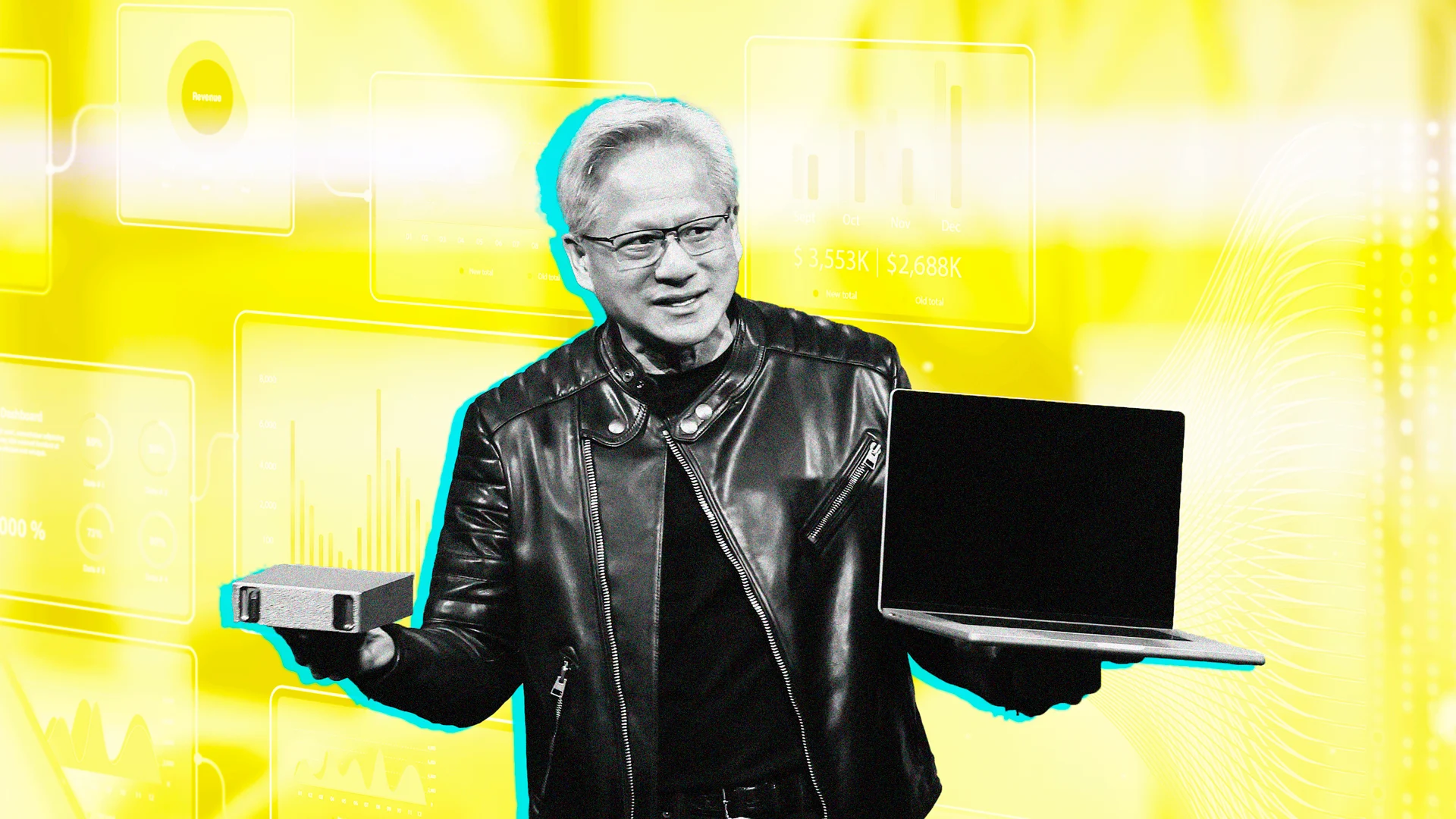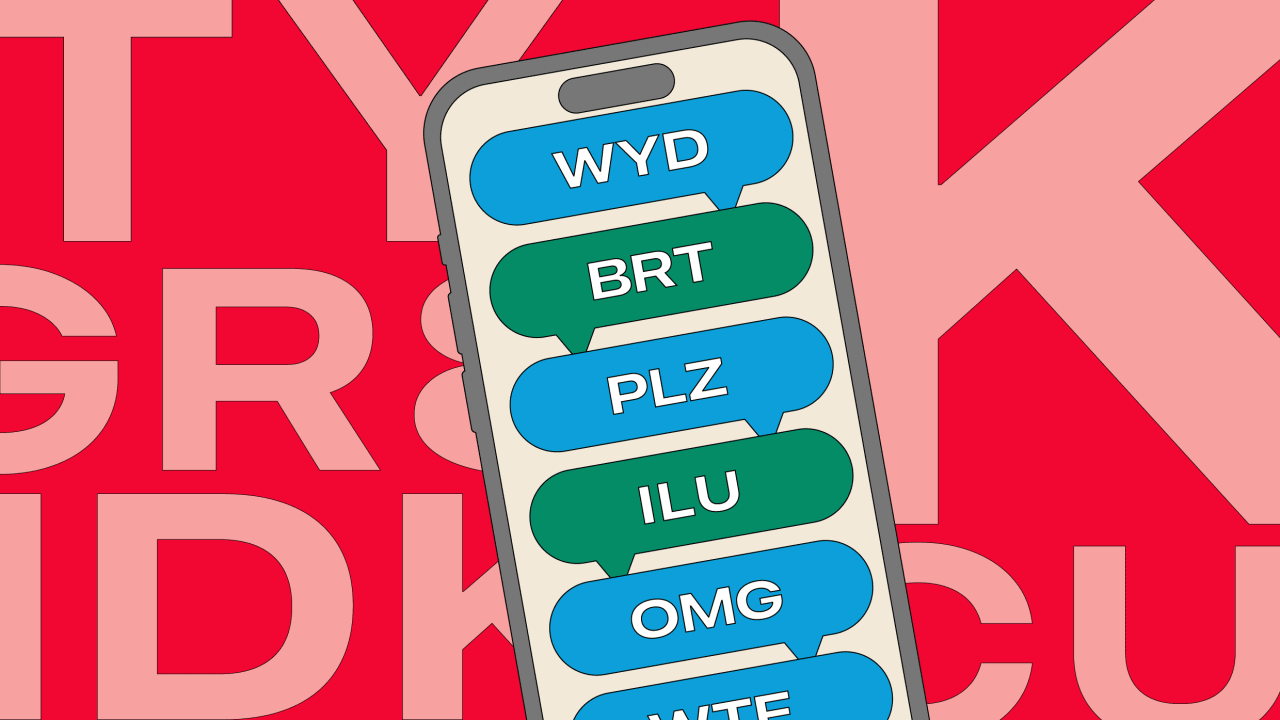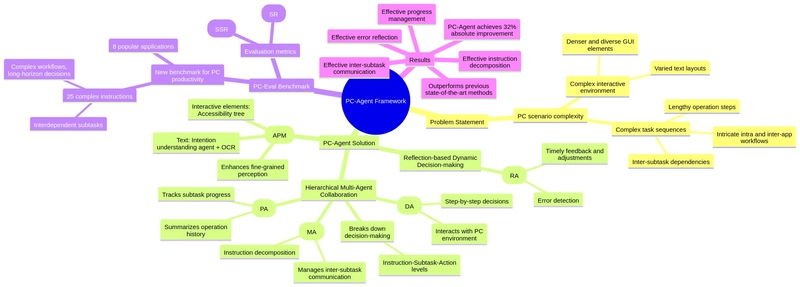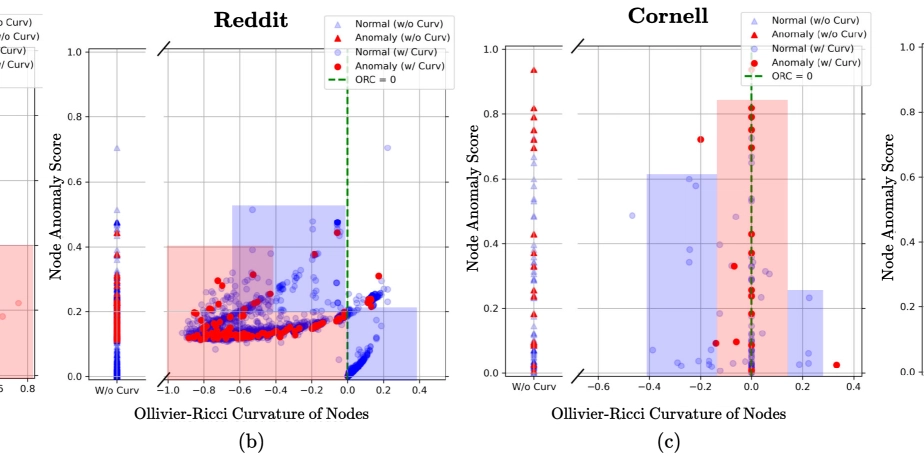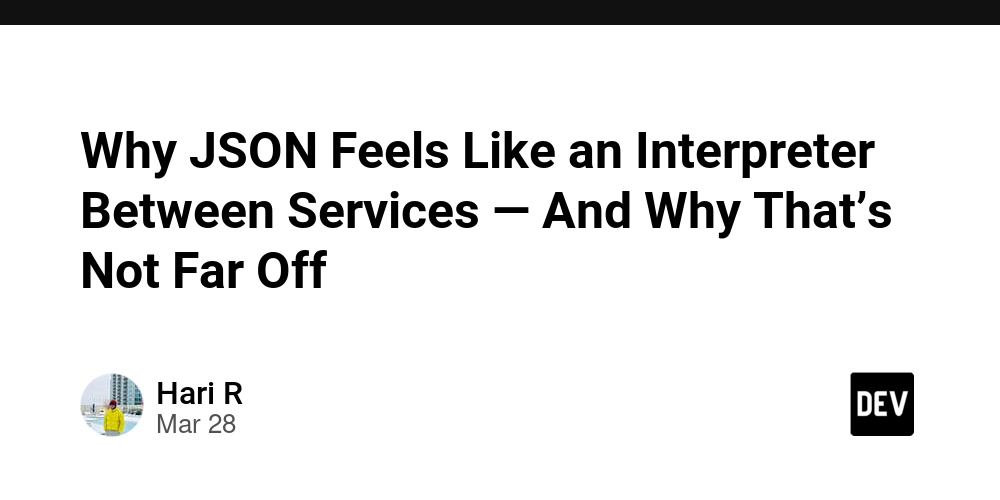From Features to Compliance: Building Healthcare Mobile Apps in Australia
The healthcare industry in Australia is evolving rapidly—and mobile apps are playing a huge role in that transformation. Whether it's helping rural patients attend video consultations or enabling hospitals to streamline appointment workflows, healthcare mobile apps in Australia are becoming essential to delivering modern, accessible care. Creating a successful healthcare app goes far beyond just coding. What’s Driving the Shift Toward Mobile Healthcare? Patients today expect the same level of convenience from their healthcare provider that they get from food delivery or ride-sharing apps. That means: Booking appointments via app Accessing medical records securely on mobile Getting timely alerts for medication and follow-ups Connecting with specialists through telehealth It’s about giving people faster, safer, and smarter care experiences—without the paperwork and long waits. What’s New in Healthcare Mobile App Development? Australia’s healthcare tech is no longer about just building apps—it’s about building intelligent, compliant, and personalized platforms. Some of the standout innovations include: AI for early diagnosis and personalized care plans Wearable integration for real-time vitals and fitness data Blockchain-based data security to prevent breaches Telehealth features for smooth remote consultations Accessible interfaces that support inclusive care These aren't just trends—they’re expectations. Your app needs to meet them to stay relevant. How Long Does It Take—and What About Cost? If you're building a basic app for booking or reminders, development may take 3–6 months. But if you're looking to integrate features like EHR connectivity, AI tools, or secure video consultations, expect the timeline to extend up to 12 months or more. Costs scale accordingly and depend heavily on the feature set, data security requirements, and third-party integrations like Medicare or My Health Record. Compliance Isn’t Optional in Australia? Your app must follow Australian Privacy Principles (APPs), be aligned with the My Health Records Act, and meet the digital health guidelines from the Australian Digital Health Agency. It also needs to include: End-to-end encryption Two-factor authentication Data hosting within Australia Without these, you could face legal penalties—and worse, lose user trust. Real-World Impact in Australian Healthcare Let’s look at how these apps are making a difference: Rural patients attend virtual follow-ups instead of traveling hours to clinics Mental health platforms offer 24/7 access to therapy and resources . -Clinics are reducing missed appointments by sending automated reminders to patients. Hospitals are using mobile dashboards to manage staff workflows and patient loads This isn’t theory—it’s already happening across the country. Choosing the Right Partner Matters If you're planning to build a healthcare mobile app in Australia, choose a partner who: Knows healthcare-specific tech and standards Understands compliance inside out Has experience working with local clinics and providers Offers end-to-end services—from UI/UX to testing, launch, and support That’s where Fortunesoft comes in. They built healthcare apps used by real patients and trusted by real providers, with compliance baked in from day one. Let’s Bring Your Idea to Life Have an app idea or project in mind? Let’s talk with the best Australian team is ready to help you build something that’s secure, user-friendly, and ready to make a difference.
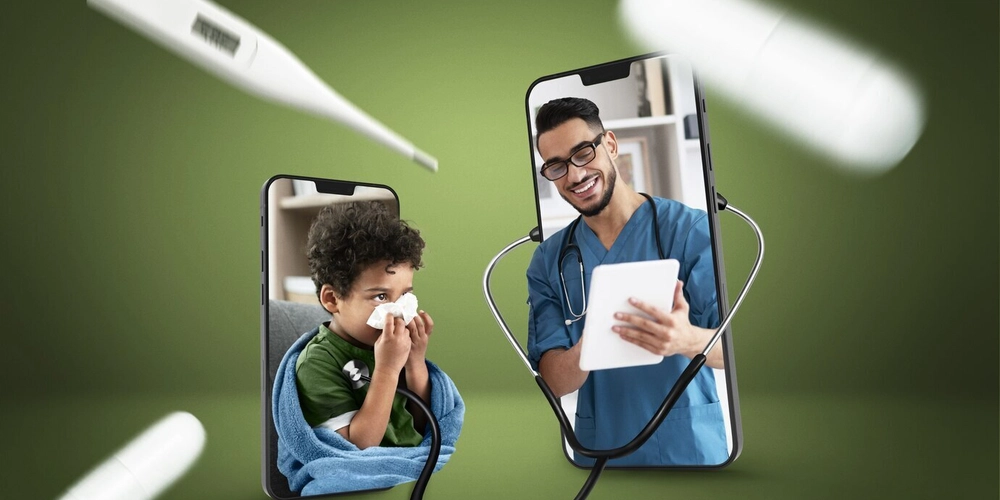
The healthcare industry in Australia is evolving rapidly—and mobile apps are playing a huge role in that transformation. Whether it's helping rural patients attend video consultations or enabling hospitals to streamline appointment workflows, healthcare mobile apps in Australia are becoming essential to delivering modern, accessible care.
Creating a successful healthcare app goes far beyond just coding.
What’s Driving the Shift Toward Mobile Healthcare?
Patients today expect the same level of convenience from their healthcare provider that they get from food delivery or ride-sharing apps. That means:
- Booking appointments via app
- Accessing medical records securely on mobile
- Getting timely alerts for medication and follow-ups
- Connecting with specialists through telehealth
It’s about giving people faster, safer, and smarter care experiences—without the paperwork and long waits.
What’s New in Healthcare Mobile App Development?
Australia’s healthcare tech is no longer about just building apps—it’s about building intelligent, compliant, and personalized platforms. Some of the standout innovations include:
- AI for early diagnosis and personalized care plans
- Wearable integration for real-time vitals and fitness data
- Blockchain-based data security to prevent breaches
- Telehealth features for smooth remote consultations
- Accessible interfaces that support inclusive care
These aren't just trends—they’re expectations. Your app needs to meet them to stay relevant.
How Long Does It Take—and What About Cost?
If you're building a basic app for booking or reminders, development may take 3–6 months. But if you're looking to integrate features like EHR connectivity, AI tools, or secure video consultations, expect the timeline to extend up to 12 months or more.
Costs scale accordingly and depend heavily on the feature set, data security requirements, and third-party integrations like Medicare or My Health Record.
Compliance Isn’t Optional in Australia?
Your app must follow Australian Privacy Principles (APPs), be aligned with the My Health Records Act, and meet the digital health guidelines from the Australian Digital Health Agency.
It also needs to include:
- End-to-end encryption
- Two-factor authentication
- Data hosting within Australia
Without these, you could face legal penalties—and worse, lose user trust.
Real-World Impact in Australian Healthcare
Let’s look at how these apps are making a difference:
- Rural patients attend virtual follow-ups instead of traveling hours to clinics
- Mental health platforms offer 24/7 access to therapy and resources . -Clinics are reducing missed appointments by sending automated reminders to patients.
- Hospitals are using mobile dashboards to manage staff workflows and patient loads
This isn’t theory—it’s already happening across the country.
Choosing the Right Partner Matters
If you're planning to build a healthcare mobile app in Australia, choose a partner who:
- Knows healthcare-specific tech and standards
- Understands compliance inside out
- Has experience working with local clinics and providers
- Offers end-to-end services—from UI/UX to testing, launch, and support
That’s where Fortunesoft comes in. They built healthcare apps used by real patients and trusted by real providers, with compliance baked in from day one.
Let’s Bring Your Idea to Life
Have an app idea or project in mind?
Let’s talk with the best Australian team is ready to help you build something that’s secure, user-friendly, and ready to make a difference.









































































































































































![[The AI Show Episode 144]: ChatGPT’s New Memory, Shopify CEO’s Leaked “AI First” Memo, Google Cloud Next Releases, o3 and o4-mini Coming Soon & Llama 4’s Rocky Launch](https://www.marketingaiinstitute.com/hubfs/ep%20144%20cover.png)
















































































































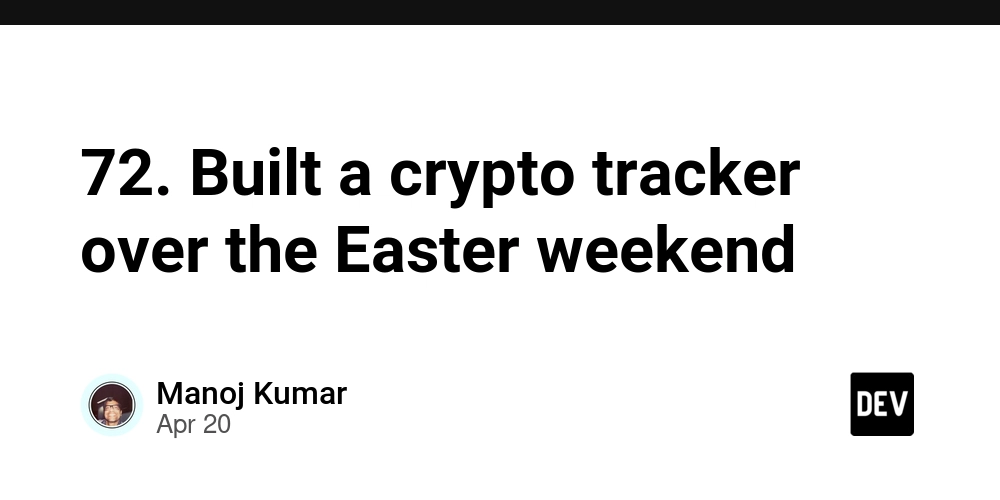
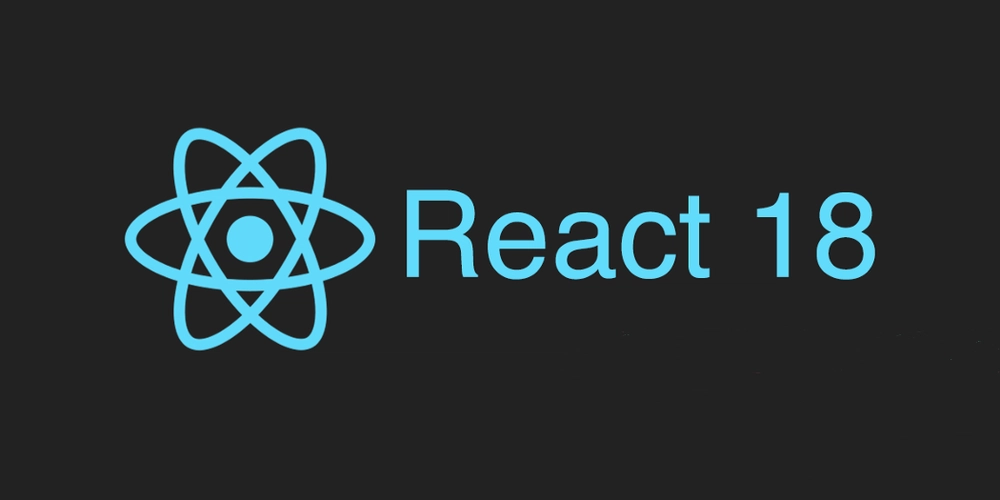
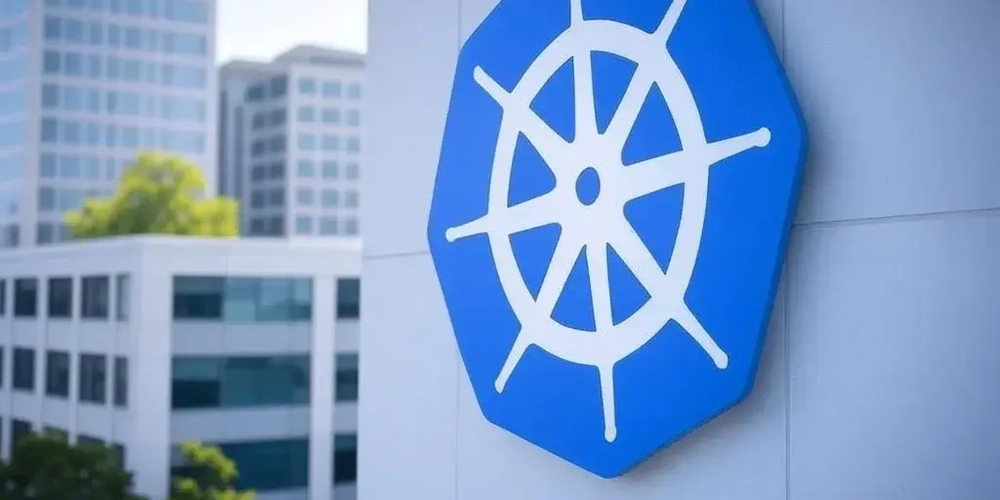









![[DEALS] The All-in-One Microsoft Office Pro 2019 for Windows: Lifetime License + Windows 11 Pro Bundle (89% off) & Other Deals Up To 98% Off](https://www.javacodegeeks.com/wp-content/uploads/2012/12/jcg-logo.jpg)



























![Is this too much for a modular monolith system? [closed]](https://i.sstatic.net/pYL1nsfg.png)










































































































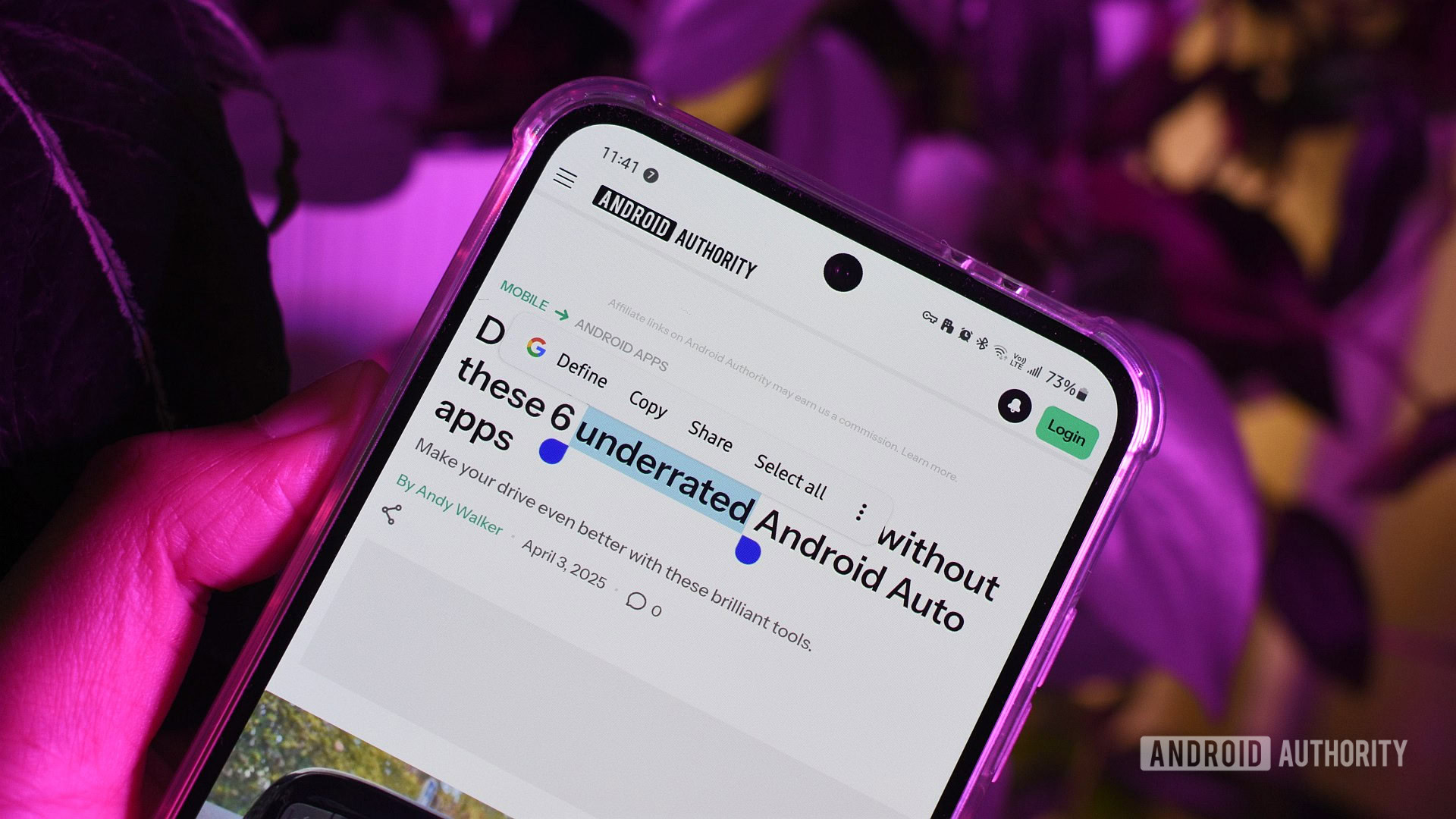











_Andreas_Prott_Alamy.jpg?width=1280&auto=webp&quality=80&disable=upscale#)








































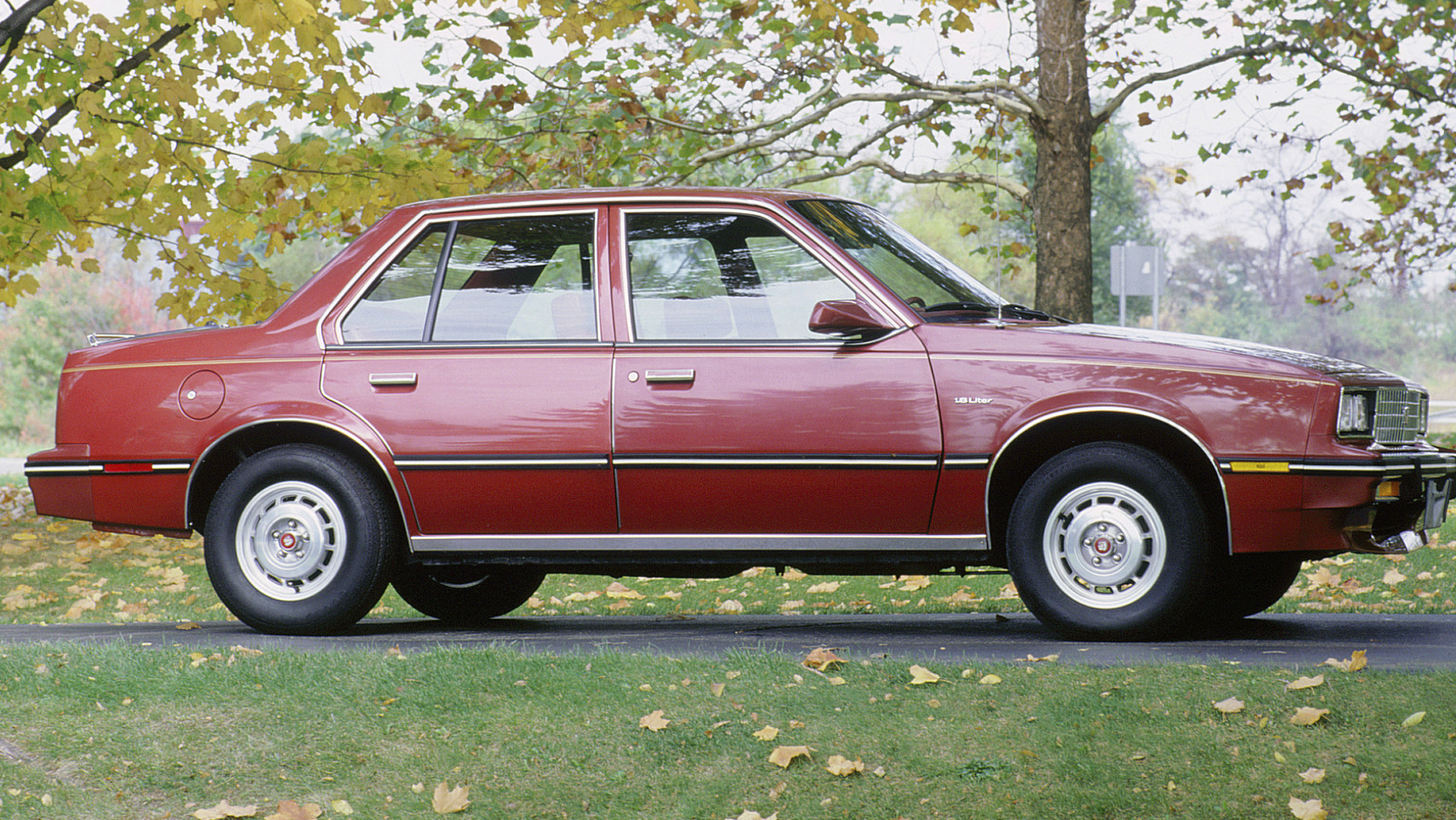
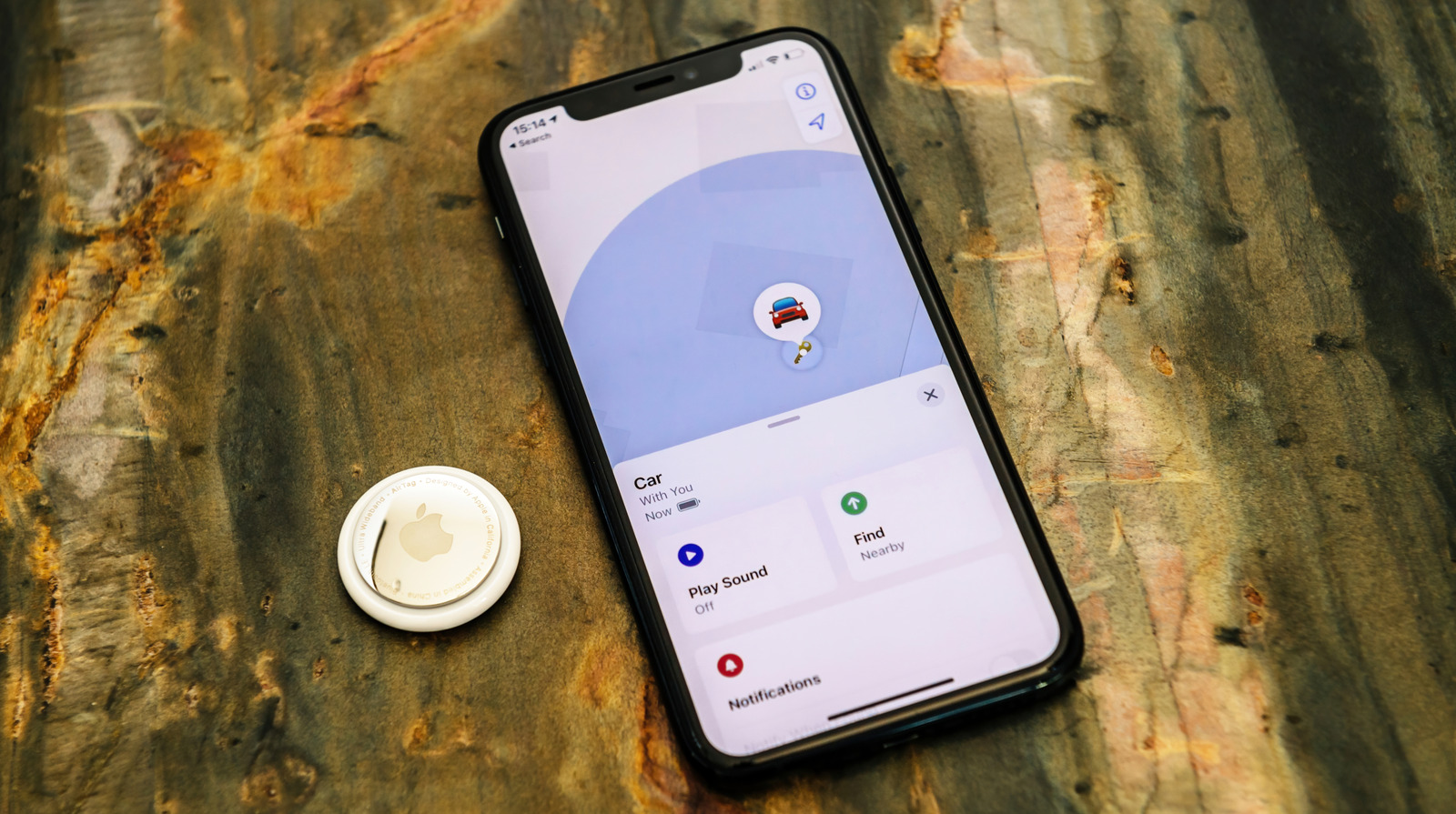






















































![What features do you get with Gemini Advanced? [April 2025]](https://i0.wp.com/9to5google.com/wp-content/uploads/sites/4/2024/02/gemini-advanced-cover.jpg?resize=1200%2C628&quality=82&strip=all&ssl=1)













![Apple Shares Official Trailer for 'Long Way Home' Starring Ewan McGregor and Charley Boorman [Video]](https://www.iclarified.com/images/news/97069/97069/97069-640.jpg)
![Apple Watch Series 10 Back On Sale for $299! [Lowest Price Ever]](https://www.iclarified.com/images/news/96657/96657/96657-640.jpg)
![EU Postpones Apple App Store Fines Amid Tariff Negotiations [Report]](https://www.iclarified.com/images/news/97068/97068/97068-640.jpg)
![Apple Slips to Fifth in China's Smartphone Market with 9% Decline [Report]](https://www.iclarified.com/images/news/97065/97065/97065-640.jpg)





































































